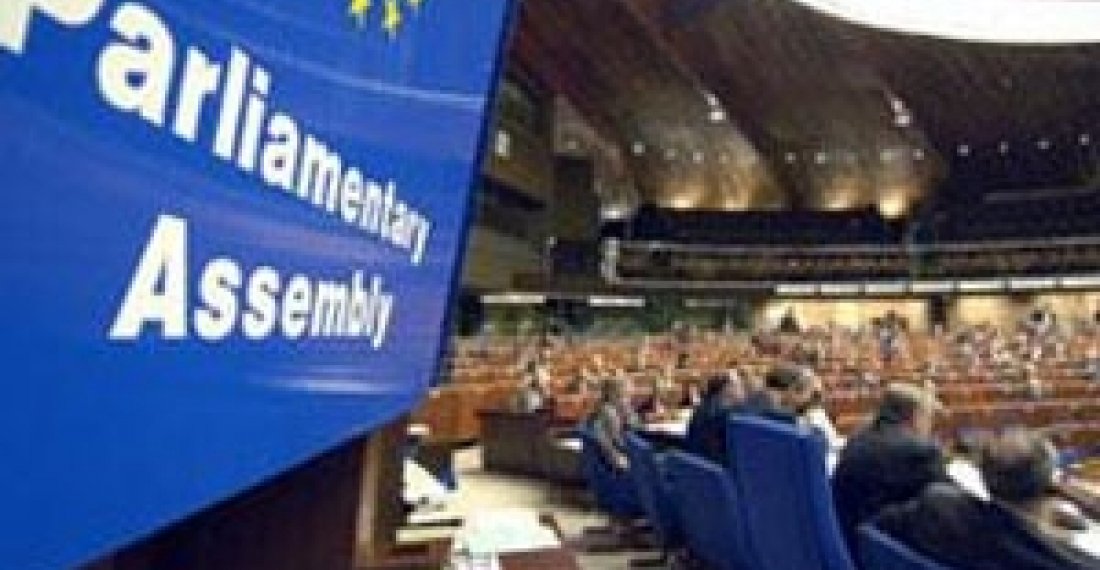The autumn session of the Parliamentary Assembly of the Council of Europe launched today. The report on democratic institution in Armenia will be presented by the co-repporteurs John Prescott and Axel Fischer on the last day of the session - 7 October.
To note, the draft resolution says that the amnesty held in Armenia in spring of the current year and investigation of the cases about the death of 10 citizens during the anti-government rallies on 1-2 March 2008 allowed PACE to announce about closing of the case on the March events.
For their part, the opposition negatively took this statement of the co-repportuers of the PACE Monitoring Commission.
Moreover, on 4 October the commission will present a resolution based on the report on prenatal determining of the gender of Doris Stamp's child. The report accentuates the danger of prenatal determining of a child's gender, specifically in Albania, Armenia, and Azerbaijan. The report states that in Armenia the ratio between boys and girls is 112 to 100 respectively. The draft resolution also calls for the research of the reasons behind this phenomenon, and proposes to all Council-of-Europe members to prohibit physicians from prenatal informing of a child's gender.







